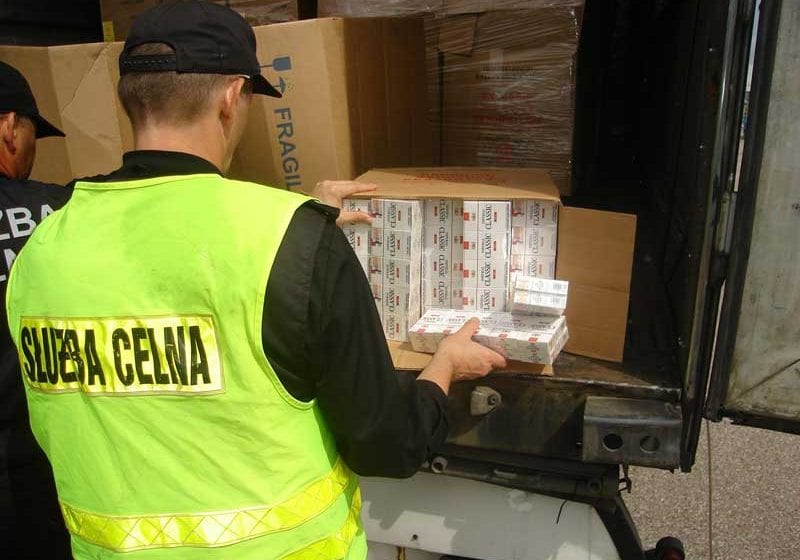EU has fakes problem

Cigarette smuggling is high-profit, low-risk activity. Usually, only low-level traffickers are caught, while the masterminds escape justice.
Cigarettes made up nine percent of the products ‘detained’ by EU customs authorities on their external borders last year, according to figures contained in a report published by the EU Commission on Thursday.
The Commission reports annually on the detention of ‘articles suspected of infringing intellectual property rights (IPR), such as trademarks, copyrights and patents’.
A press note accompanying the report said that customs authorities in the EU had detained more than 31 million ‘fake and counterfeit’ products.
Foodstuffs, which accounted for 24 percent of the detained articles, headed the list, toys (11 percent) came next, then cigarettes (nine percent), other goods (nine percent) and clothing (seven percent).
China was said to have remained the main source for IPR-infringing goods arriving in the EU. But other countries were the main providers of certain articles. Moldova was the lead country in the supply of alcoholic beverages; the US was the lead country for other beverages; Turkey was the lead country for clothing; and India was the lead country for medicines.
‘Although the total figures have declined since 2016, fake, potentially-dangerous goods for day-to-day use like healthcare products, medicines, toys and electrical goods now make up a much higher proportion of all seizures – 43 percent of all detained goods came from this category,’ the Commission said.
“The EU’s Customs Union is on the front line when it comes to protecting citizens from fake, counterfeit and sometimes highly dangerous goods,” Pierre Moscovici, commissioner for Economic and Financial Affairs, Taxation and Customs, was quoted as saying.
“Stopping imports of counterfeits into the EU also supports jobs and the wider economy as a whole.
“The European Union stands in support of intellectual property and will continue our campaign to protect consumer health as well as protecting businesses from criminal infringement of their rights.”